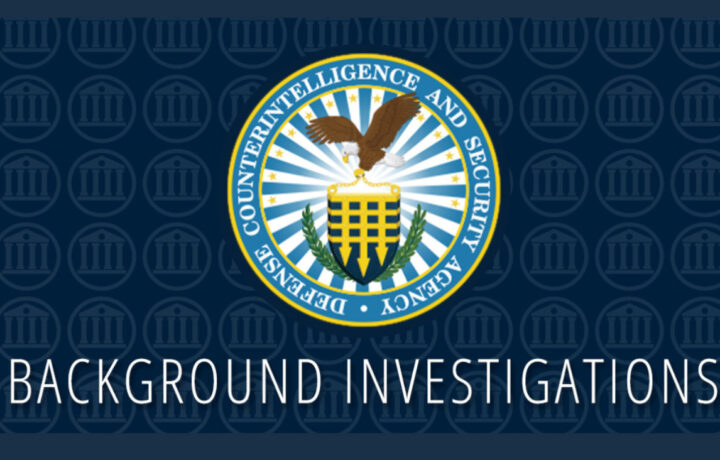Understanding the background investigation process is crucial if you’re entering a job requiring a security clearance. It’s not just about forms and interviews—it’s about ensuring you’re ready for the responsibility of handling sensitive information.
5 Things You Need to Know About Your Background Investigation
To make the process less overwhelming, here are five key things you should know.
1. Your Background Investigation Starts with You
Everything kicks off when you complete an electronic questionnaire, certify your information, and sign the required releases. This initiates a deep dive into your background to determine if you’re eligible for access to classified information. Accuracy and thoroughness are your best friends here—so double-check those details before hitting “submit.”
2. Be Ready with the Right Forms
Depending on your position, you’ll be filling out one of these key forms:
- SF-86: For national security positions
- SF-85: For non-sensitive roles
- SF-85P: For public trust positions
Take your time, answer honestly, and don’t skip sections. Missing details could mean delays you don’t want!
3. Curious About Your Status? Here’s How to Check
Wondering how things are moving along? Don’t stress. You can check your background check status by reaching out to your security officer or HR representative. They’ll have the latest updates and can guide you on what’s next.
4. Always Verify Your Investigator
If someone contacts you claiming to be a DCSA investigator, don’t hesitate to confirm their identity. This ensures you’re sharing your personal details with an authorized official and not someone looking to scam you. A quick check can save you big headaches.
5. Keep Them in the Loop on Life Changes
New foreign contacts? Recent financial issues? Don’t hold back. Reporting significant life changes promptly is key to maintaining your security clearance eligibility. Transparency not only protects your clearance but also shows you’re trustworthy.
The background investigation process can seem daunting, but it’s really about building trust and demonstrating responsibility. Knowing what to expect and how to prepare makes the process much easier to navigate. With these tips in mind, you’ll have a clearer picture of what’s involved—and be better equipped to handle it.




